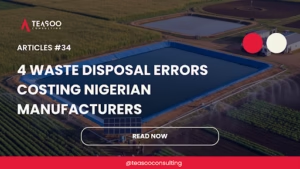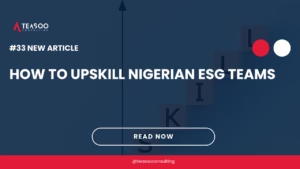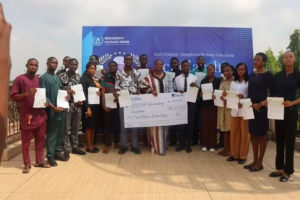#4 How Nigerian Companies Can Maximize Their ESG Reports
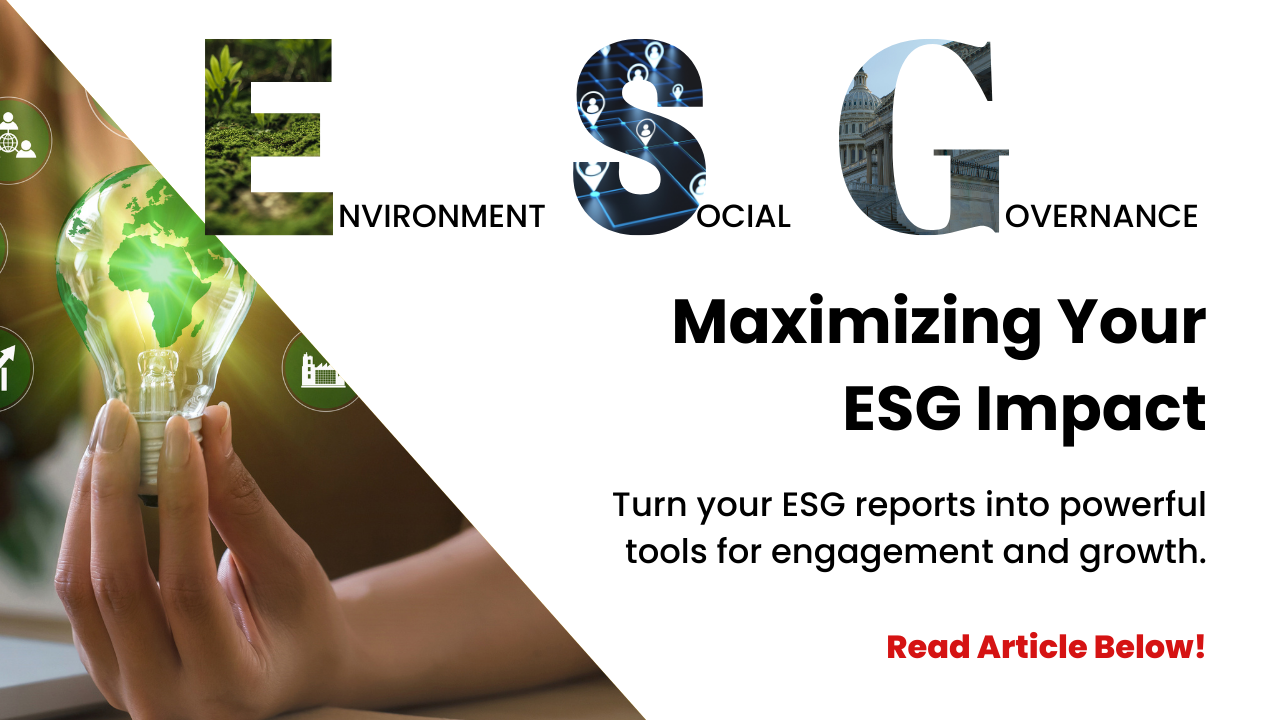
- ESG reports are strategic tools for growth, risk management, and community impact, not just compliance.
- Nigerian businesses can align ESG goals with national development plans to amplify their influence.
- Quantifiable metrics, localized priorities, and stakeholder engagement turn reports into action drivers.
- Storytelling and data visualization make ESG achievements resonate with investors and communities.
How Nigerian Companies Can Transform ESG Reports in 2025
If your business still treats its Environmental, Social, and Governance (ESG) report as a dusty annual obligation, you’re missing a golden opportunity. In Nigeria where climate resilience, youth unemployment, and ethical governance dominate national discourse, ESG has evolved into a strategic lever for growth, trust-building, and policy influence.
At Teasoo Consulting, we’ve seen forward-thinking Nigerian firms use ESG reports to slash costs, attract impact investors, and even shape state-level SDG policies. But how can your company join them? Let’s break it down.
Why ESG Reports Are Nigeria’s New Business Currency
A dynamic ESG report does far more than tick regulatory boxes. According to Sarah Esangbedo Ajose-Adeogun, Managing Partner at Teasoo Consulting, “In Nigeria, ESG bridges the gap between corporate strategy and societal needs. It’s how you prove your business isn’t just profitable but also purposeful.”
Here’s what a best-in-class ESG report delivers:
- Investor appeal: According to the 2024 Deloitte Africa Report, ESG-aligned businesses are increasingly prioritized by investors, reflecting a growing trend towards sustainable and ethical investments.
- Risk mitigation: Climate-related insurance and early adaptation planning can significantly reduce financial risks and insurance premiums for businesses in Nigeria.
- Community trust: Companies that actively engage in ESG initiatives often experience fewer disputes and better community relations, leading to smoother operations.
But to unlock these benefits, your report must become a living blueprint, not a PDF forgotten after publication.
5 Strategies to Supercharge Your ESG Impact
1. Tie ESG to Naira and Kobo Outcomes
The shift: Stop framing ESG as charity. Link every initiative to financial or operational gains.
- Example: A Lagos-based agribusiness cut energy costs by 22% after solar investments highlighted in their ESG report attracted green financing.
- Pro tip: Use phrases like “ROI of inclusion” or “cost-per-tonne of emissions reduced” to speak the language of CFOs and investors.
2. Quantify Progress — or Lose Credibility
Vague claims like “improved community relations” won’t sway stakeholders. Instead:
- “Trained 1,200 youth in Kaduna on AI skills, with 43% securing tech jobs within 6 months.”
- “Cut Scope 1 emissions by 15% via gas flaring reduction partnerships in Delta State.” Data hack: ESG reports with infographics get 2x more investor engagement.
3. Hyper-Localize Your Priorities
Nigeria’s ESG risks and opportunities differ wildly from global templates. Focus on:
- Climate resilience: Flood-proofing supply chains in Rivers State.
- Gender equity: Addressing safety gaps for female employees in Northern manufacturing hubs.
- Youth upskilling: Partnering with Edo’s tech hubs to tackle unemployment.
4. Co-Create with Stakeholders — Early
The Rivers 2050 Vision project, helps energy companies avoid protests by involving community leaders in ESG planning. How to replicate this:
- Host town halls with Niger Delta communities before finalizing emissions targets.
- Survey employees anonymously on safety needs.
- Bonus: These interactions often reveal innovations like a Kano SME that redesigned packaging using farmer feedback.
5. Lead with Stories, Back with Data
A Dangote Cement report went viral for profiling a female truck driver promoted to logistics manager, humanizing their gender inclusion stats. Storytelling checklist:
- Photos/videos from project sites (e.g., a clean water initiative in Enugu).
- Testimonials from trained artisans or farmers.
- “Before/after” metrics (e.g., hospital wait times pre/post CSR health investments).
The Takeaway: ESG as Nigeria’s Growth Catalyst
With 65% of Nigeria’s population under 30 and climate shocks threatening GDP growth, ESG isn’t optional — it’s existential. Companies that master this balance will:
- Access $500M+ in annual ESG-linked financing (Central Bank of Nigeria estimate).
- Build “social licenses” to operate smoothly across regions.
- Influence policy (e.g., tax breaks for SDG-aligned businesses).
Ready to Make Your ESG Report a Strategic Powerhouse? At Teasoo Consulting, we blend global ESG frameworks with Naija-specific savvy. From metric dashboards that impress investors to stakeholder workshops that prevent crises, we help you:
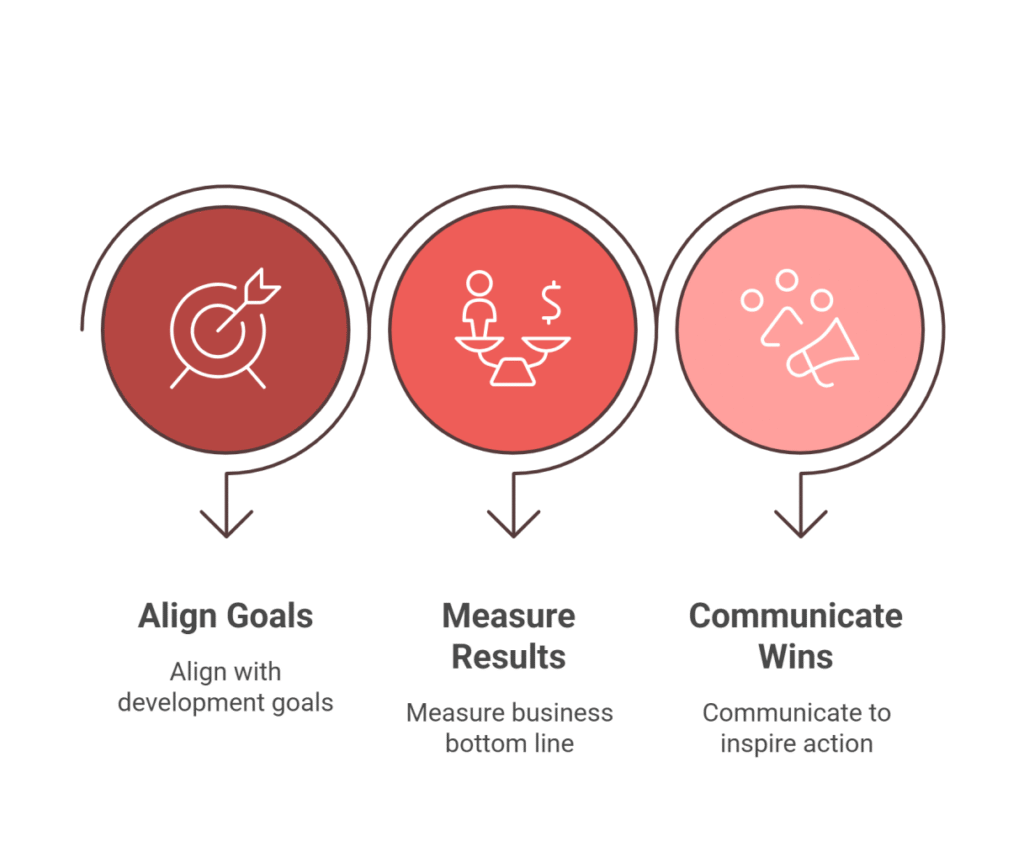
- Align with Nigeria’s development goals.
- Measure what matters to your bottom line.
- Communicate wins in ways that inspire action.
“Because impact isn’t just measured, it’s maximized.” Let’s redefine Nigerian ESG leadership together. Contact Us

